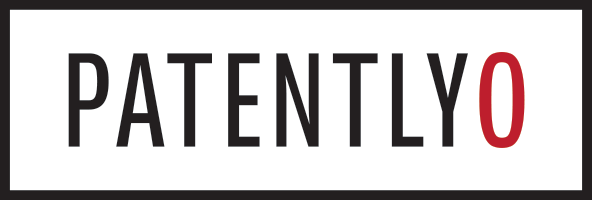
"Chairman Thom Tillis (R-NC) and ranking member Adam Schiff (D-CA) both acknowledged the widespread confusion in current eligibility jurisprudence, with Tillis noting that the status quo "continues to be hopelessly confused" and expressing determination to move the bill forward to committee markup. The Bill has bipartisan support in the Senate, but it is unclear how hard those in opposition would push if the bill started to move forward."
"PERA was originally introduced back in 2019 as a draft proposal. It was later reintroduced as S.4734 in 2022 and has been refined through successive versions, with the current 2025 bill (S.1546) representing a more measured approach than earlier drafts while still fundamentally overhauling § 101. The 2019 proposal included explicit language stating that all judicially created exceptions were "hereby abrogated." Later versions achieve the same result more subtly by specifying that eligibility is determined "subject only to" the enumerated statutory exclusions."
On October 8, 2025, the Senate Judiciary Subcommittee on Intellectual Property held a hearing on the Patent Eligibility Restoration Act (PERA) of 2025 (S.1546). Witnesses included former USPTO directors, IP experts, biotech executives, patient advocates, and retail representatives. Chairman Thom Tillis and ranking member Adam Schiff acknowledged widespread confusion in eligibility law, with Tillis calling the status quo "hopelessly confused" and pursuing committee markup. PERA would reshape 35 U.S.C. §101 and seek to overturn Mayo, Myriad, and Alice by replacing judge-made "abstract idea" and "law of nature" exceptions with narrow statutory exclusions. The bill has bipartisan Senate support but faces uncertain opposition. Later versions remove "isolated" from the human gene provision and make eligibility "subject only to" enumerated exclusions.
Read at Patently-O
Unable to calculate read time
Collection
[
|
...
]